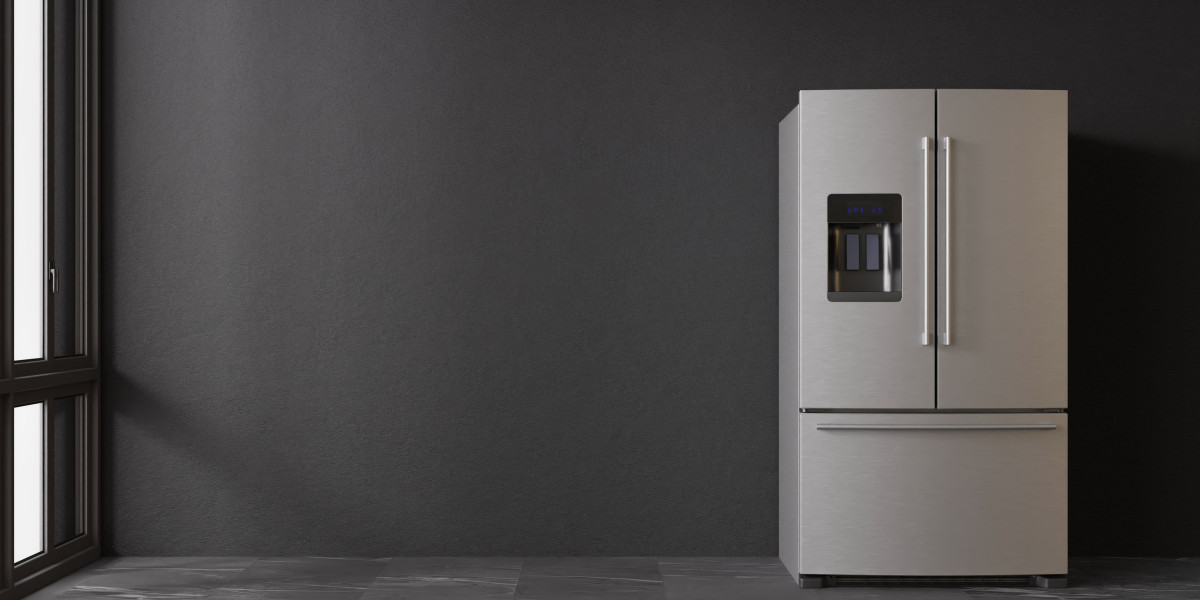Medicare and Medicaid Coverage For Medical Mobility Scooters
A medical mobility scooter is a convenient way for wheelchair users to get around. It has a wider foot deck and its wheels have a lower turn radius than electric chairs.
It also offers ample storage space. Some portable models can be broken down into smaller pieces to fit in the trunk of a car.
Obtaining a Medical Scooter Through Medicare
If you're struggling to get around without a wheelchair or walker it is possible to get Medicare to pay for mobility scooters. Medicare Part B covers up to 80% of the cost of medical scooters so when you meet certain criteria. Discuss with your doctor whether you qualify to be covered. Contact an approved Medicare provider who accepts assignments.
Medical scooters are considered durable medical equipment (DME) under Medicare Part B. Medicare will only pay for medical scooters if you have a consultation in person with your physician. A doctor will assess your situation and determine if you need an electric scooter to get around your home. If yes, they'll make a prescription to allow Medicare to pay for the device.
If you have an appropriate prescription, you can start shopping for the perfect scooter. When selecting a scooter, there are many things to take into account. These include the weight capacity and turning radius. You'll need to make sure that the scooter can be used outdoors and on different terrains.
You'll need to verify the coverage of your particular plan prior to purchasing a scooter. Some plans have a deductible therefore it's essential to study them prior to making the decision. It's important to think about the advantages of different models and brands. Some are more affordable than others, and you'll need to consider the features that you'll need the most.
The Medicare scooter coverage amounts vary between plans, but they all meet the same basic requirements. You must be enrolled in Medicare Part B to receive the benefits, and also a physician to prescribe it to you. The doctor must also confirm that you're not able to move around your home without it. In the majority of instances, scooters are covered when used indoors.
A Medicare-approved DME supplier will help you select a scooter that's right for your needs. They'll visit your home to evaluate the space and determine if the scooter will be able to maneuver through your home's hallways, doors, and furniture. They'll also test the motor to make sure it will be able to support your weight and navigate various terrains.
Medicare-approved scooters are available in different sizes and styles. Some are designed to make an eye-catching fashion statement, while others are made with performance in mind. The Maxima medical mobility scooter is a great example of a stylish mobility device that provides performance and mobility. It has an top speed of 5.3 miles per hour and is able to support up 500 pounds. It is available in two colors: Candy Apple Red and Viper Blue.
Medicaid and Medical Scooters
If you are unable to move due to a medical condition there are a number of funding resources available to help you purchase or lease medical scooters. These include Medicare and Medicaid that provide aid for those who meet certain eligibility requirements. You should always consult with a healthcare professional to determine which type of medical scooter is appropriate for your needs.
Medicare Part B will pay for medical equipment that is durable like mobility scooters, if the doctor has prescribed it and a showing of need is provided. Contact your local Medicaid office and find out if they can help you. If you are eligible, select an DME provider that accepts Medicaid. They should be able to work with you and your doctor to collect all necessary documents.
Once you've found an DME provider that accepts Medicaid Select the scooter that is right for your medical requirements. Take into account factors like the turning radius as well as the weight of the assembly and clearance to the ground. A three-wheeled model can be maneuvered more easily in tight corners and tight spaces than one with four wheels. It is also important to take into consideration the assembled weight, as lighter scooters are easier to transport and put together.
Some states have additional programs that can provide assistance with the purchase or rental of medical scooters. To find out more about these programs, you can contact your local Department of Health and Department of Aging. Veterans Affairs also provides various mobility aids to disabled veterans who meet the criteria.
The process of getting an medical scooter under Medicaid may be lengthy however it is essential to be patient. By cooperating with your health care provider, researching coverage details, and maintaining open communication with your DME supplier, you can ensure that the process of obtaining an medical scooter through Medicaid is as easy as it can be.
In addition to the options mentioned above, you might be able to obtain a scooter through your private insurance company or other sources of funding such as community organizations and grants. The exact process varies by state and entity. It is possible to contact local disability groups or independent living centres to find out what options you have in your area. These groups can recommend local vendors who offer mobility scooters that are Medicaid-approved. They might also be able assist you complete the application.
Obtaining a medical scooter through private insurance
In addition to Medicare, private health coverage can also cover mobility scooters. In this situation insurance companies will take into consideration medical necessity and other factors. This will include a face-to-face exam and prescriptions from a licensed medical professional. Additionally the scooter must be considered necessary to perform daily tasks and be able meet specific weight capacities and other requirements. Some private insurance plans will cover the accessories.
Typically medical scooters are covered by Medicare Part B in the event that they're deemed durable medical equipment (DME). This means that the device will be covered up to 80 percent by the insurer after the deductible is fulfilled. However, the patient is responsible for the remaining 20 percent. This applies to all types of scooters including three-wheel and four-wheel models. However, there are some exceptions to this rule. For example, some models are too big to be considered mobile and require towing behind a vehicle instead.
To purchase medical scooters through private insurance first step is to obtain the prescription of a physician. The person will then have to locate DME companies that will accept their insurance. The DME company will then send the medical documentation and order forms to the insurer for approval. Once the insurance has endorsed the request the medical scooter will then be delivered to the patient.
The most important thing to keep in mind when obtaining medical scooters through private insurance is that it must be required for daily activities. It should be able help the user move around, perform everyday tasks like bathing, dressing and eating. The scooter can also be used to travel in and out of the home. In some instances medical scooters can even be used to go to the market.
In some states, Medicaid may also cover the cost of medical scooters. However, different rules apply in each state. In some states, Medicaid only covers scooters that are rented through a Medicare-contracted vendor. This is referred to as the Competitive Bidding Program. In certain cases, Medicaid may only cover medical scooters that are standard models and available at a reasonable cost.
A medical mobility scooter is an excellent tool for those who have limited mobility. Scooters can aid people in regaining independence following an injury or illness. In many instances medical scooters could be a better option over a wheelchair. It offers greater stability and comfort which makes it the ideal option for people who wish to stay mobile. In the majority of instances, a medical scooter is the ideal choice for those who have difficulty standing or walking for prolonged periods of time.




